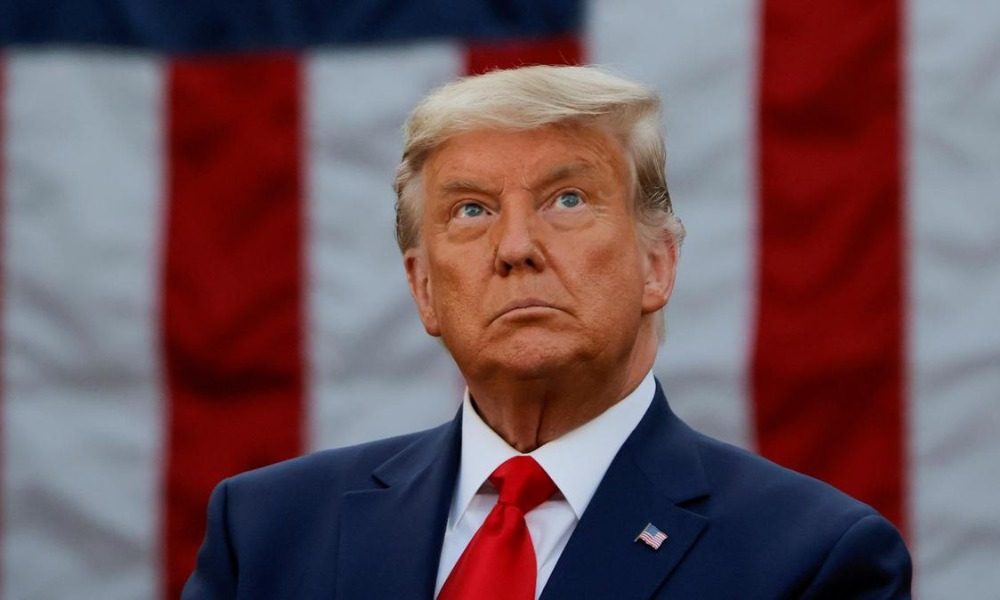Trump’s move to veto defense bill could impact troop withdrawal

US President Donald Trump has vetoed a $740bn defence spending bill that was passed by Congress this month after objecting to certain provisions including that which will limit troop withdrawals from Afghanistan.
Lawmakers however passed the bill with an overwhelming majority and could override Trump’s rejection.
Bills passed by Congress need a president’s signature to become law. On rare occasions, a president may choose to veto – or reject – legislation because of some policy disagreement.
Lawmakers can override a presidential veto and enact bills into law by mustering two-thirds of votes in both chambers of Congress – the House of Representatives and the Senate.
If Congress does not override Mr Trump’s veto in this case, it would be the first time in 60 years that the National Defense Authorization Act (NDAA) does not become law.
Trump called the 4,500-page act, which has been nearly a year in the making, a “gift to China and Russia”.
“Unfortunately, the Act fails to include critical national security measures, includes provisions that fail to respect our veterans and our military’s history, and contradicts efforts by my administration to put America first in our national security and foreign policy actions,” he said in a statement.
Trump also said the bill’s measures to limit bringing troops home was “bad policy” and “unconstitutional”.
House Speaker Nancy Pelosi, the most powerful congressional Democrat, said Trump’s veto was “an act of staggering recklessness that harms our troops, endangers our security and undermines the will of the bipartisan Congress”, BBC reported.
According to the report, some of the outgoing president’s advisers had cautioned him against rejecting the bill, as he is expected to be overruled by Congress.
He is due to leave office on 20 January, when he will be replaced by Democrat Joe Biden.
The defence bill sets the Pentagon’s policy. It also determines decisions affecting weapons, personnel, troop deployments and other security measures. A number of military initiatives will stall if the bill does not become law.
